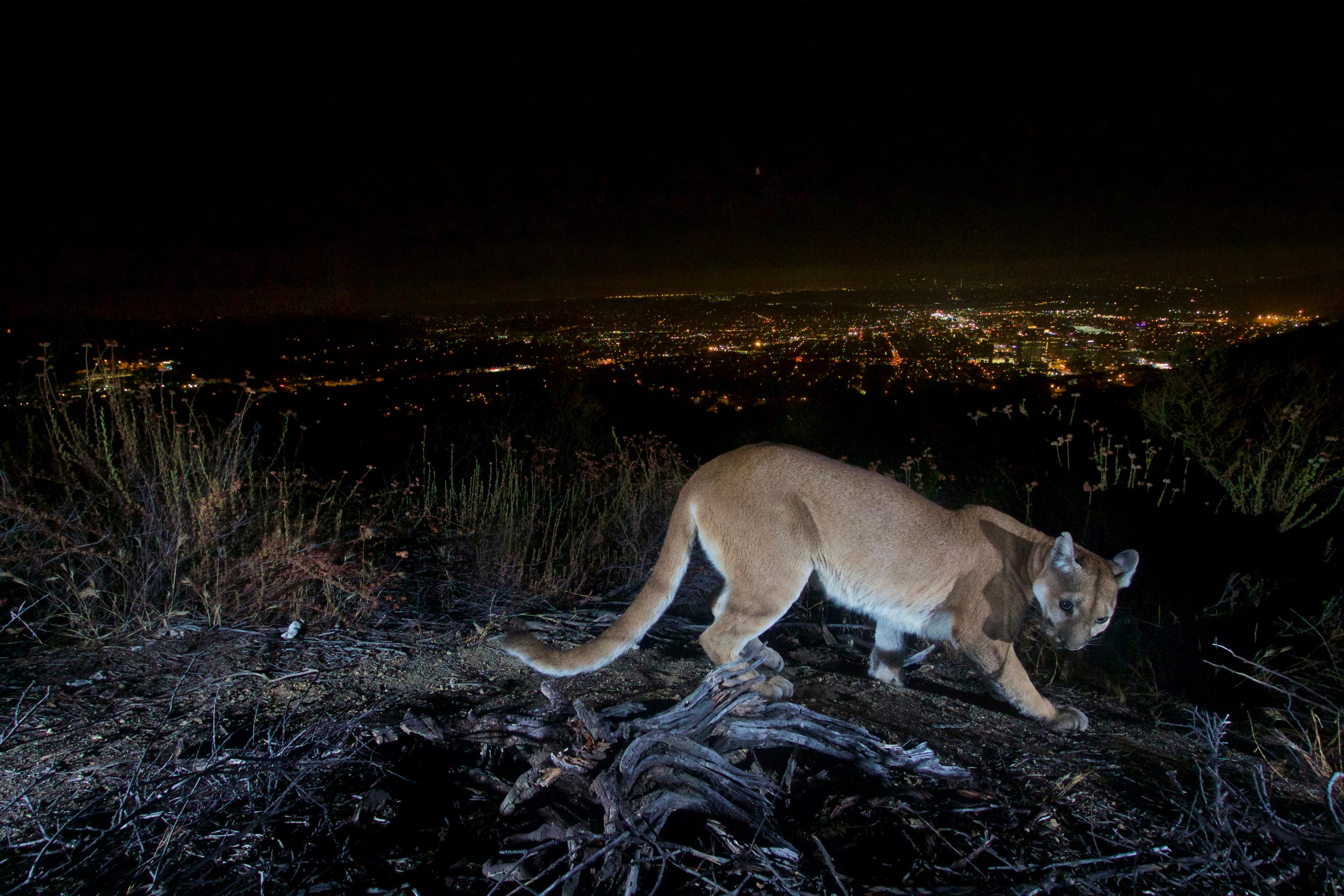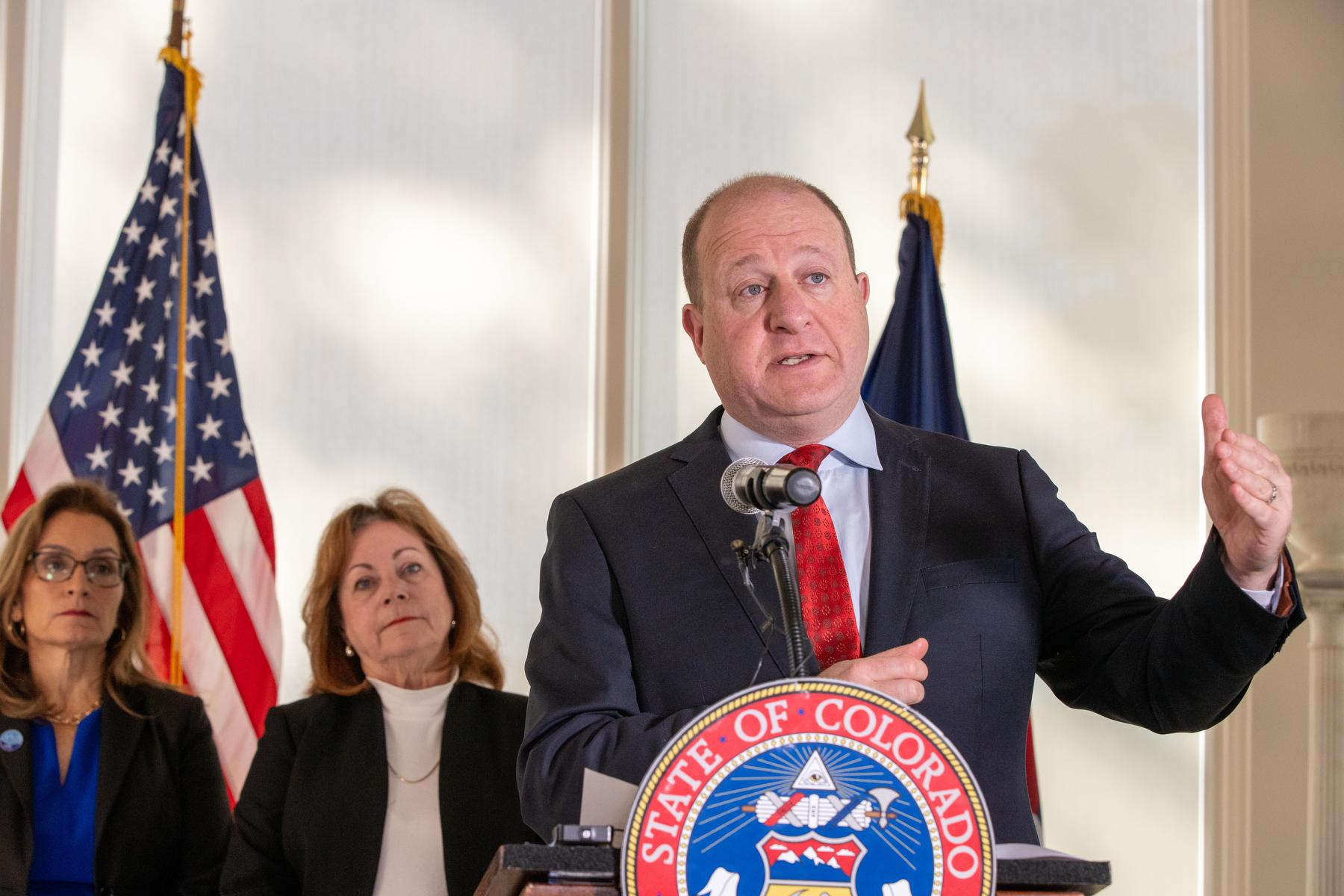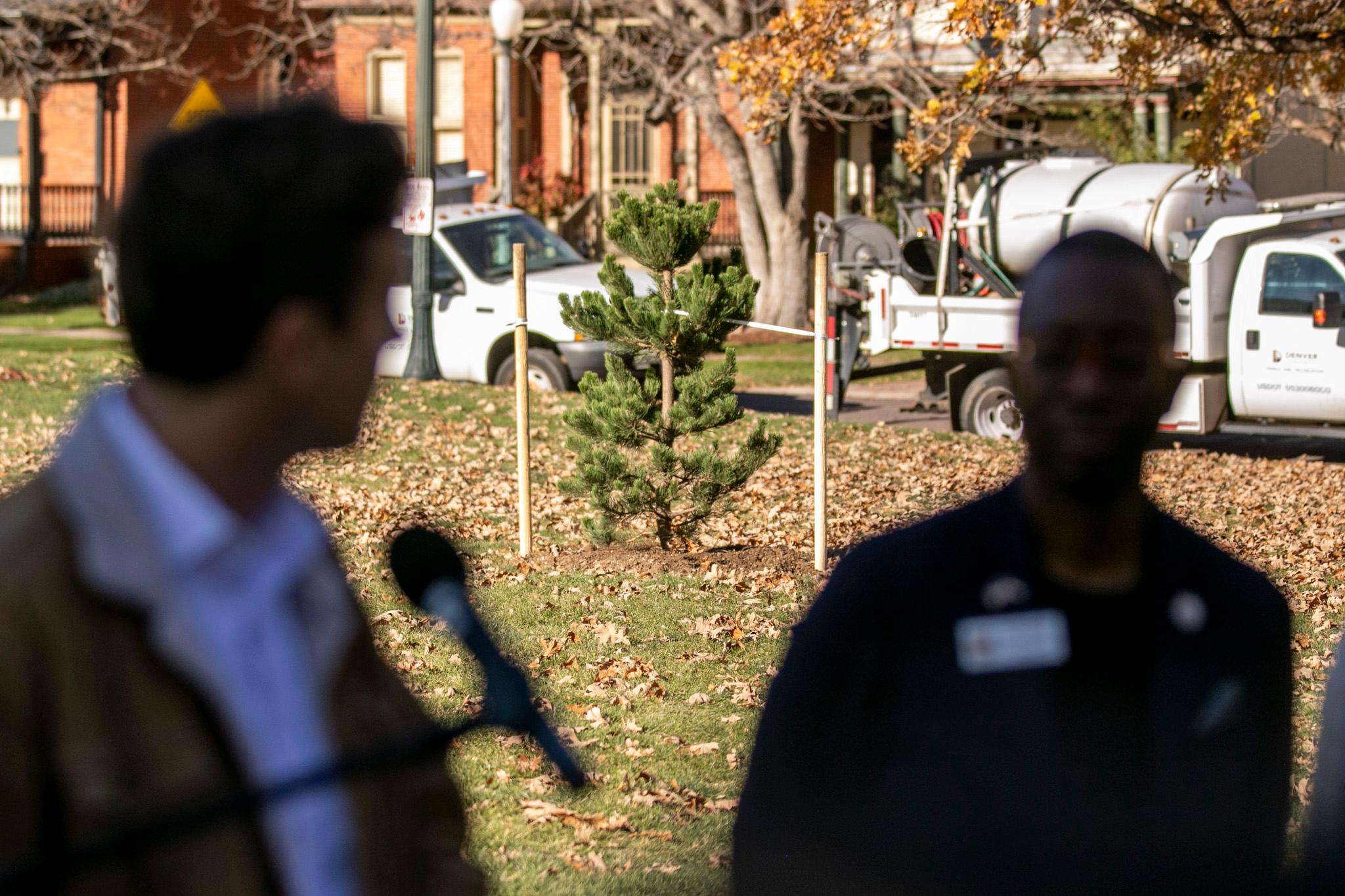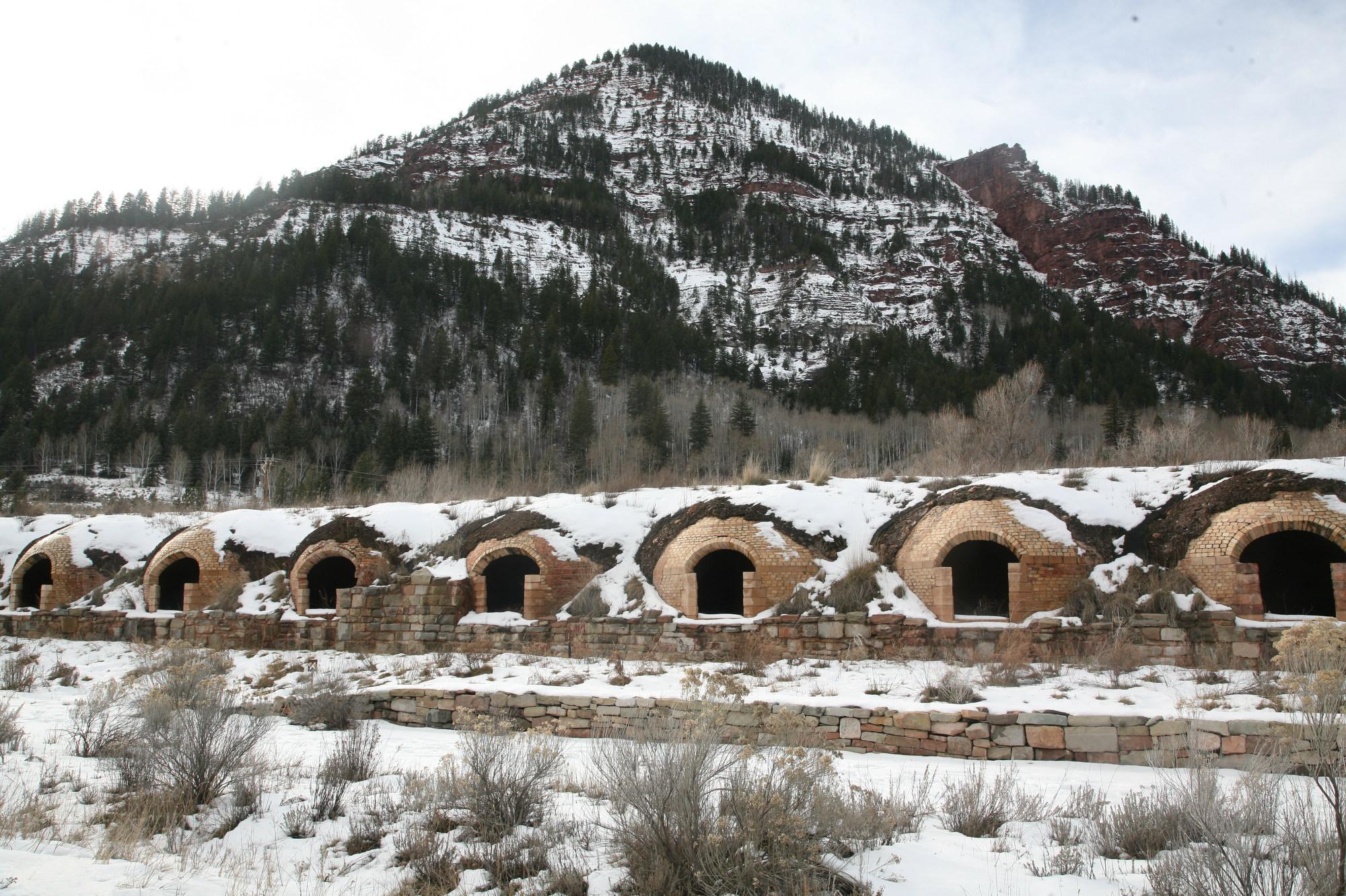
For the second time in four years, Coloradans went to the polls to decide statewide wildlife strategy. But this time, it was not a political winner.
On Tuesday night, Colorado voters rejected Proposition 127, which would have banned bobcat, mountain lion and lynx hunting in the state. The Associated Press called the race Wednesday morning. As of 8:30 a.m. Wednesday, the measure was losing with 56 percent of voters opposed and 45 percent supporting it.
Dan Gates, who chairs the opposition campaign against Proposition 127, was cautiously optimistic about the results Tuesday night.
“We feel comfortable given the amount of precincts that have reported,” Gates said. “And that if it continues to hold like we believe it will, it will show a significant level of support of individuals concerned about science-based wildlife management.”
Supporters of the measure did not concede Tuesday. At a watch party in Boulder, Cats Aren’t Trophies campaign manager Samantha Miller tearfully said the group had run a “thoughtful, honest and science-based campaign,” which she said ran into misinformation by the opposition. But Miller celebrated the campaign’s progress and votes across the state.
“If you look at little small counties across Colorado, we got almost 50 percent of the vote in rural counties across the state,” Miller said. “We’re not dead yet. We’ll rise up stronger.”
From 2020 to 2023, hunters harvested roughly 880 bobcats and 500 mountain lions each year, state data show.
The proposition would have imposed penalties for hunters who continue to kill big cats, including barring them from holding state hunting licenses for five years. But Coloradans would still have been allowed to kill the animals in certain circumstances, including for self-defense or for scientific research.
The measure generated impassioned responses, with each side launching a blitz of television ads and op-eds. It was also among the most expensive ballot initiatives during the current election cycle, with both sides raising around $5.4 million in 2024, records show.
Opponents of the measure, led by Coloradans for Responsible Wildlife Management, argued that Proposition 127 would undermine the state experts who manage Colorado’s wildlife and that without hunting, mountain lion and bobcat populations would balloon.
“This is the incorrect way to go about the management of our wildlife,” said Kelly Maher, a media representative with Coloradans for Responsible Wildlife Management. “This is yet another ballot measure where we have people on the Front Range whose daily lives will be entirely unaffected, voting on a measure that affects a small number of people whose lives will be destroyed by this.”
Proposition 127’s opponents gathered at the Brown Palace Hotel in Denver to check in on the results. Will Marquardt, a business owner and hunter, voted no on the measure.
“I think science-based wildlife management is the best way to manage wildlife in a state that has 6 million people in it,” said Marquardt.
The vote is reminiscent of 2020’s Proposition 114 when Coloradans narrowly approved wolf reintroduction in the state. That plan is now facing backlash and could have contributed to Proposition 127’s defeat.
Proponents of the measure, including the lead group sponsoring it, Cats Aren’t Trophies, argued that killing big cats is a cruel form of trophy hunting manufactured for wealthy individuals.
“It’s plainly wrong to allow cruel killing of mountain lions and bobcats for their heads and their beautiful coats,” according to the group’s website.
Colorado Parks and Wildlife, a state agency, regulates hunting, trapping and fishing across 23 million acres in the state. Hunters must obtain a “furbearer” license to kill bobcats and must present the animal or its pelt to state inspectors after it’s killed. Hunters must purchase a separate state license to kill mountain lions after completing an exam and must present the lion to state inspectors after it’s killed. Hunters must also prepare the lion’s meat for human consumption.
Big Cat Rescue Corporation was among the top three contributors supporting Proposition 127. It’s run by Carole Baskin, who was the subject of the Netflix documentary “Tiger King.” Despite losing, Proposition 127’s supporters outraised its opponents by more than $700,000 this cycle.









